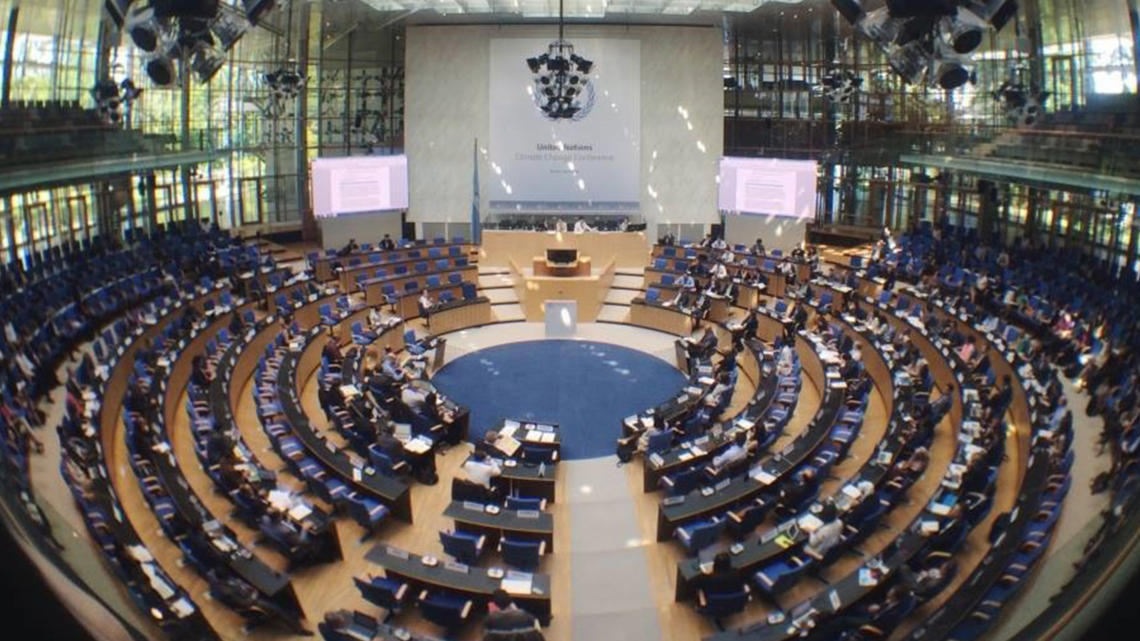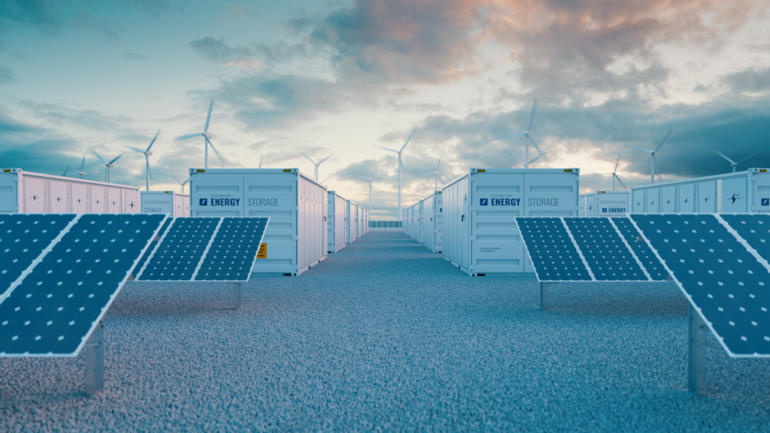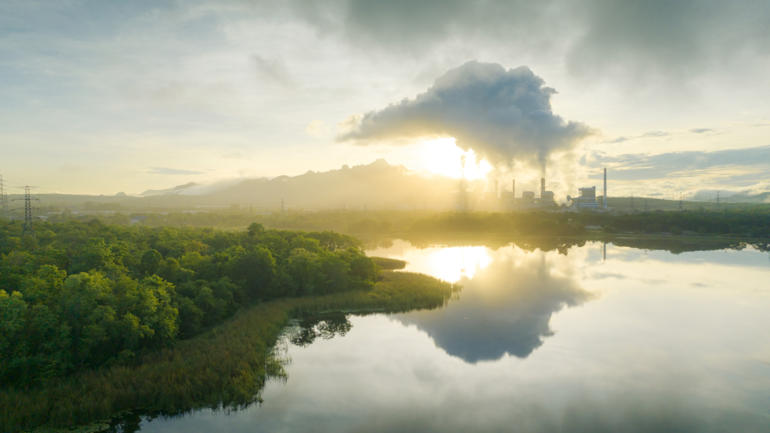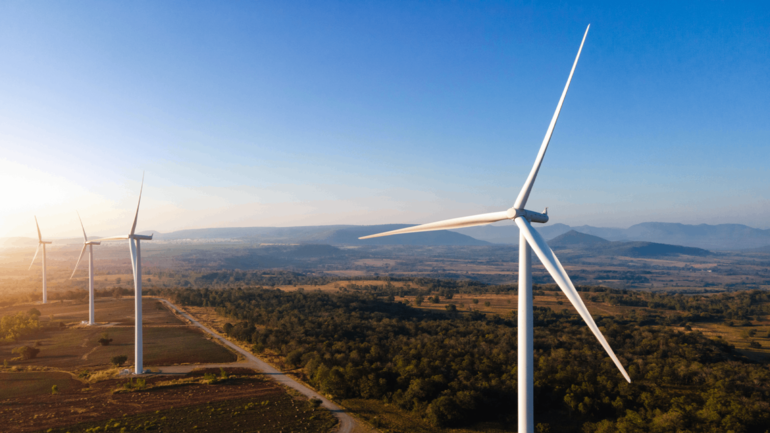The mood of the event was noticeably different than Paris or Marrakech, with a clear focus on how countries should be moving from ambition towards action and implementation – and with heightened awareness of the gap between current ambitions and the 2 degree target.
Participants were serious, and even somber.
Over the course of COP23, WBCSD and our members embodied the Fijian concept of “Talenoa” - bringing all actors together to discuss solutions to challenges in a meaningful and productive way.
For business, the key takeaway from this round of negotiations is that companies are now formally invited to provide input into the climate negotiations through reports, dialogue and analyses. WBCSD member companies look forward to actively engaging in this process through regional, solutions-focused multi-stakeholder meetings over the course of 2018 and through to COP24.
This year, WBCSD was present across COP side events through the Marrakech Partnership under the Global Climate Action Agenda. Representatives from climate and energy, circular economy, climate smart agriculture, forests, water and cement were there to represent the voice of business.
Through WBCSD, over 70 companies and over 200 participants were able to attend the world-renowned climate meeting.
Over the course of the two-week event, WBCSD ran or hosted nearly twenty sessions - and, according to President and CEO Peter Bakker, brought together the “highest concentration of CEOs in the same room at COP.”
Throughout the negotiations and across the side events, our member companies and other business leaders within the We Mean Business Coalition called for strong climate action, urging country negotiators to consider:
- How to ensure a structured policy dialogue between governments and other stakeholders through the Marrakech Partnership
- How to formally introduce and incorporate input from non-state actors in the Talanoa (Facilitative) Dialogue
- Building partnerships for resilience across global supply chains and in vulnerable communities experiencing climate impacts
- Supporting carbon markets and enabling cross-border collaboration on mitigation efforts
Enacting strong climate policies that reward sustainability leaders will be key for ensuring the low-carbon transition.
“I love polar bears,” one participant said, “but I’m really here for my shareholders… unchecked climate change could erode trillions from the global economy.”
Across the multitude of events happening alongside the official negotiation process, key themes emerged, including:
The importance of non-state actors and the Talanoa Dialogue
Because of geopolitical uncertainty and the slow pace of government negotiation, momentum is building across cities, states, organizations and businesses for leading on the implementation of the Paris agreement.
It was clear during the event that corporate commitments to climate action are the new norm.
Since 2015, over 600 companies have made over 1,000 commitments under the We Mean Business Coalition – with companies involved in WBCSD’s Low Carbon Technology Partnerships Initiative (LCTPi), targeting 65% of the emissions reductions needed for remining under 2 degrees – and already making progress.
“By 2020, it will be normal for all of the world’s well-run companies to have a science based target,” said Nigel Topping, CEO of We Mean Business, at the start of COP23’s Global Climate Action Industry Day.
Which means, in order to ensure that progress towards Paris is accurately reflected, it will be critical for business to be involved in the Talanoa Dialogue - the consultative process for taking stock of how far we’ve come and where we need to go in terms of ramping up climate ambition.
“Many governments aren’t even aware of the suite of solutions available to help them achieve their Nationally Determined Commitments (NDCs),” said Rasmus Valanko, Director of WBCSD’s Climate and Energy project. “It’s up to business to show them what’s possible, because countries won’t commit unless they believe they can succeed.”
At the Low Emissions Solutions Conference, co-hosted by WBCSD, ICLEI and UNSDSN, Minister Seruiratu of Fiji addressed the room full of high-level business and city leaders, “As we are building up to the Talanoa Dialogue, I see that [this] is where the real world is- this is where the actions take place. This is where you see responsible leadership - this is where you see shakers and movers.”
Innovative technology, policy and finance
Part of the reason it’s so important for business to be involved in meeting the goals of the Paris Agreement is because of their unique insight into innovation.
Technology and data
In line with pushing for innovative technologies and new business models, a number of WBCSD’s sessions focused on the importance of the circular economy for industry.
“You wouldn’t throw away gold,” said Mr. Hans-Jorn Weddige of Thyssenkrupp, “you’d reuse it.” This is the kind of thinking we need to make the “value chain” into a “value cycle” where nothing is wasted, and emissions are reduced.
From Michelin’s 3D printed tires, to technological advancement in low-carbon fuels and shared mobility, COP23 made it clear that business is serious about the low-carbon transition and about building on the success of the energy transformation into other sectors – such as transport, agriculture and industry.
Advancements in digital technology, and the abundance of new data have also become important weapons in the fight against climate change across each of these.
Various sessions covering numerous sectors highlighted that it’s in business’ best interest to use this data for optimization across the value chain. There was also a clear focus on how data will be important for showing policymakers the evidence and facts they need to convince them to ramp up action.
“To convince the policymakers, we need evidence and facts,” said Minister Seruiratu. “To convince political leadership, we need to back it up with evidence. Business is already doing a great job, now show the political leaders.”
Which is why setting science-based targets and measuring progress will continue to be key.
In addition to technological advancements and data optimization, WBCSD events also highlighted the need for innovative policymaking and financing mechanisms.
Policies
Participants called for new policies that will help reward companies who lead on sustainability. Ideas ranged from partnership with local governments to implementing a meaningful price on carbon.
“Governments have a role to play in helping industry do the right thing,” said Ms. Bobbi Plecas, Deputy Minister of Climate Change, British Columbia.
The main message was that business and government need to work together to deliver a low-carbon world, and both sides are open to that – especially when it comes to carbon pricing.
“A carbon price is so damn important,” said Jos Delbeke, Director General for Climate Action at the European Commission.
“[A carbon price] will help me, it’ll help yourself and it’ll help society, because the whole transition will go much faster - and that’s what we need,” said Feike Sijbesma, CEO DSM.
Politically, COP23 marked the next stage of the carbon pricing negotiations. Although there was no consensus this year, negotiators have put forward a list of acceptable carbon pricing mechanisms for further negotiation next year.
Finance
Finally, COP23 events also illustrated the need for financial innovation at the personal level.
Steve Waygood, Chief of Responsible Investment Officer at Aviva Investments stated, “Incentive structures for institutional investors – that is, the people who are most motivated by money - rewards them for doing what’s wrong for the climate.” Mr. Waygood called for a “revolution in financial literacy” so that individuals, consumers and companies can help hold financial services industries to account.
“If there’s no demand for an approach to sustainable financial services - how can you hope the industry will deliver he services we all need,” he asked.
We all need to ask where our pension funds are invested.
The need for a just transition and resilient society
Against the backdrop of the past year’s political environment, and in light of the extreme weather events witnessed earlier this fall, there was renewed focus on ensuring a just transition, while building resilient societies and supply chains.
Many speakers and side conversations underscored the need for climate-informed development that doesn’t leave anyone behind.
Maria Mendiluce, Managing Director at WBCSD said that advancements in technology and renewables “are going to bring millions of jobs, but we need a workforce that’s adapted to the new technology.”
In other words, we need to find a way to build new skills for individuals and communities deeply entrenched in the fossil fuel industries. Companies should be mindful of this, and work to ensure a just transition to a low-carbon society.
In addition to appealing to industrial workers in the global North, countless sessions stressed the fact that sustainability leaders in business and government must be able to appeal to the global South as well.
“There’s a growing need to bring representatives from the South into business discussions from a risk and resilience perspective,” said Edward Cameron, senior policy advisor to WBCSD. Businesses will need to work to include elements of justice and resilience in their climate action plans and policies, to help secure license to operate by keeping society healthy.
In conclusion, COP23 was an important milestone on the road to implementing the Paris Agreement. Business should look forward to 2018 with an eye for engaging in structured dialogues with policymakers, and should continue to push forward in delivering solutions.
As Ashok-Alexander Sridharan, Mayor of Bonn, said in addressing WBCSD companies, “We are here to make the transformation and to benefit from new technology and innovative business models. We have to build coalitions with all sectors of society to realize the goals of the Paris Agreement.”








